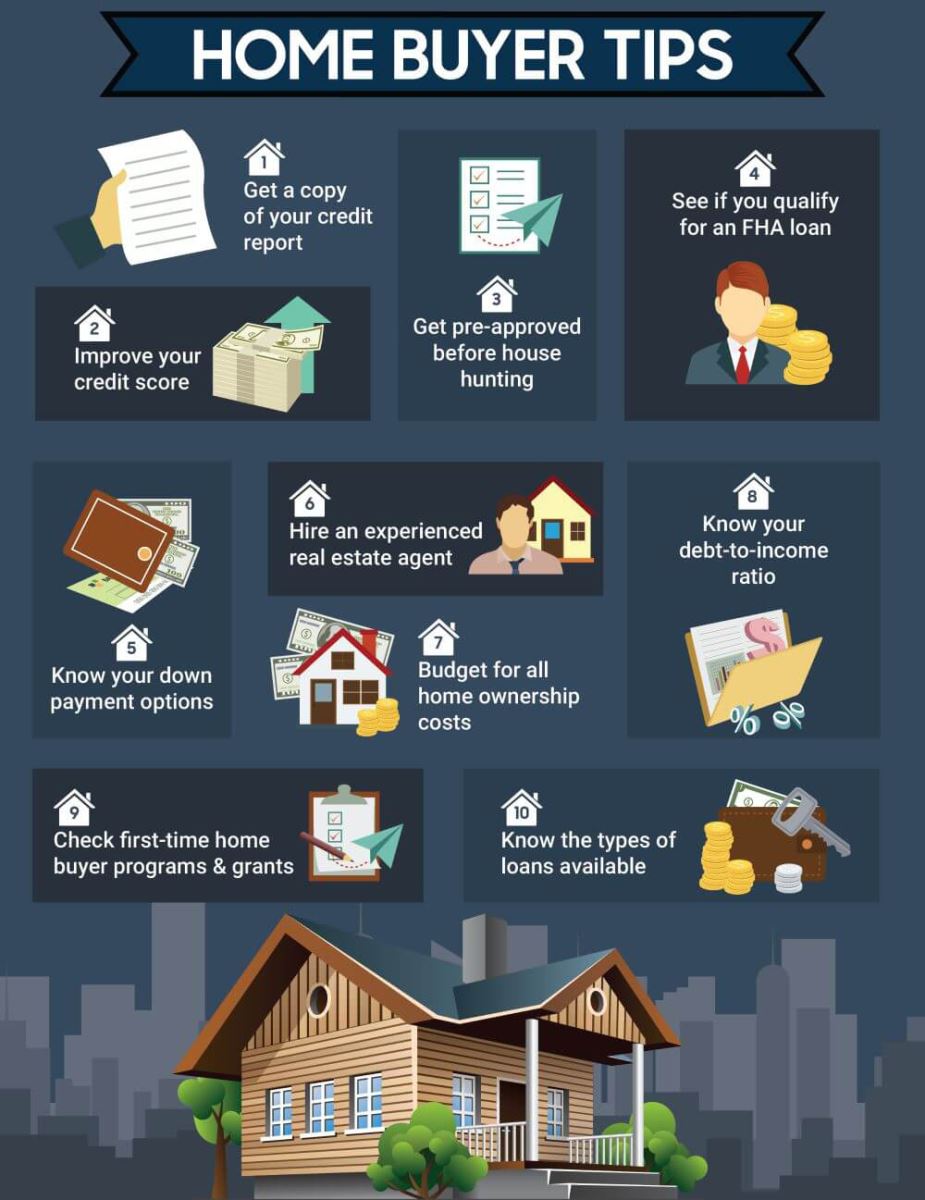How to Attract Qualified Buyers in Today's Omaha Real Estate Market

When selling your home in Omaha, getting the right buyers, not just any buyers, through your door, makes all the difference. –You need qualified buyers who are ready, willing, and financially able to make competitive offers. The Nancy Heim-Berg Team has been helping sellers across Douglas and Sarpy Counties implement advanced marketing strategies that connect their properties with serious purchasers.
Have you established your digital difference? Let's face it – today's home search begins online, and Omaha buyers are sophisticated digital consumers. We've found that homes with professional photography receive 61% more online views than listings with amateur photos. But it goes beyond just pretty pictures.
Most sellers don't realize that 93% of Omaha buyers now take virtual tours before deciding whether to schedule an in-person showing. When we create immersive 3D tours for our sellers, we're essentially helping buyers fall in love with your home online, pre-qualifying the buyers who request showings.
This digital-first approach extends to social media as well. Omaha's strong neighborhood identities mean that targeted promotion to community groups can connect your listing directly with buyers specifically looking in your area. Whether highlighting the walkability to Dundee's charming shops or the proximity to top-rated Millard schools, neighborhood-specific marketing helps the right buyers find your home.
Local knowledge and experience in your specific community separate a good marketing plan from a great one. When marketing homes in Aksarben Village, we emphasize the vibrant urban lifestyle and proximity to the growing tech corridor. For properties in western suburbs like Elkhorn, we showcase larger lots and newer amenities that appeal to growing families.
Many of our team members grew up in the neighborhoods where they now help clients sell homes. This insider knowledge means we can authentically highlight the features that make each area special, from the best coffee shops in Benson to the walking trails at Zorinsky Lake.
Buyers aren't just purchasing a house; they're buying into a lifestyle. When we market a home in Florence, we showcase the historic charm and tight-knit community that make this neighborhood special. We highlight the entertainment districts and restaurants within walking distance for downtown condos. Are you getting the picture?
While digital marketing casts a wide net, thoughtfully planned open houses help convert interested browsers into serious buyers. Rather than generic weekend showings, we recommend timing open houses strategically – perhaps coordinating with popular community events or showcasing seasonal features like a covered deck during an unexpected spring shower.
We invite your neighbors, local employer relocation specialists, and buyers specifically searching in your price range and criteria to Targeted Open Houses. While these focused events attract fewer visitors, they actually bring more high-quality prospects to your home.
You may or may not have heard of digital staging. It has become an invaluable tool, especially for vacant homes or homes in need of a bit of updating. It’s also working for relocating out-of-state buyers who tour your home before ever coming to Omaha. Using professional photography and sophisticated software, we can show buyers how spaces could look with furniture and décor that matches current Omaha trends—traditional designs for established neighborhoods like Country Club or Happy Hollow and more contemporary styling for downtown lofts.
Visual tools help buyers overcome objections and see possibilities they might otherwise miss. The power of visualization extends beyond furniture placement. We've helped sellers showcase potential renovations digitally, allowing buyers to see updated kitchen finishes or bathroom remodels without the actual construction costs.
With all the technology available today, it's easy to forget that real estate remains a relationship business that requires human interaction. Our team's deep connections within Omaha's business community often help match homes with qualified buyers before they even hit the public market. Many of our listings sell through our network of past clients, relocation specialists working with incoming professionals, and partnerships with major Omaha employers.
When corporate executives relocate to Omaha for positions at First National Bank, Union Pacific, or UNMC, they often begin their home search through employer-recommended agents. Having your home represented by a team with these established relationships puts your property in front of highly qualified buyers with solid financing and motivation to move quickly.
Suppose you're considering selling your Omaha home. In that case, the Nancy Heim-Berg Team combines cutting-edge marketing techniques with deep local knowledge to attract the most qualified buyers to your property. Our proven strategies have helped hundreds of Omaha families sell faster and for better prices in every market condition.
How do these marketing approaches work for your specific home? Call us at (402) 677-9024 or visit www.NancyHeimBergTeam.com to schedule a no-obligation consultation. Let us show you why so many Omaha homeowners trust our expertise when it's time to make their next move.

 Let’s be honest - no matter how you spin it, buying a home is not cheap. And whether you are a first-time homebuyer or a seasoned professional, we are sure the previous sentence comes as no surprise to you (you may have even found yourself nodding and smirking in agreeance). But what many people tend to focus on are the larger costs that are associated with home buying, such as mortgage payments and down payment costs, and many tend to overlook the lesser fees that may arise during the buying process. But fear not, as after today’s blog post we are confident you will leave with a better, more thorough understanding of not only what these fees are, but also what they could end up costing, so you can plan accordingly.
Let’s be honest - no matter how you spin it, buying a home is not cheap. And whether you are a first-time homebuyer or a seasoned professional, we are sure the previous sentence comes as no surprise to you (you may have even found yourself nodding and smirking in agreeance). But what many people tend to focus on are the larger costs that are associated with home buying, such as mortgage payments and down payment costs, and many tend to overlook the lesser fees that may arise during the buying process. But fear not, as after today’s blog post we are confident you will leave with a better, more thorough understanding of not only what these fees are, but also what they could end up costing, so you can plan accordingly.  For first time home buyers, the feelings of excitement for their new abode can often be accompanied (and at times overshadowed) by feeling nervous and overwhelmed by the whole home buying process. Fear not, this is totally normal! However, with a little knowledge under your belt, the whole process can begin to feel more familiar - thus calming the nerves – and allowing you to get back to enjoying the experience. And as you may have guessed, that is exactly what we are going to be chatting about in today’s blog. Below we have listed ten tips to help first time home buyers understand and navigate the home buying process with ease. Enjoy!
For first time home buyers, the feelings of excitement for their new abode can often be accompanied (and at times overshadowed) by feeling nervous and overwhelmed by the whole home buying process. Fear not, this is totally normal! However, with a little knowledge under your belt, the whole process can begin to feel more familiar - thus calming the nerves – and allowing you to get back to enjoying the experience. And as you may have guessed, that is exactly what we are going to be chatting about in today’s blog. Below we have listed ten tips to help first time home buyers understand and navigate the home buying process with ease. Enjoy! So the time has finally come to start the search for your first home. Your mind starts racing as you begin thinking of the style you like, the finishes you want, and how you will decorate to turn the house into your very own home. What an exciting time! As you begin your search, we wanted to leave you with a few tips and tricks that we hope will prove to be helpful during a time that can seem a little overwhelming. Enjoy!
So the time has finally come to start the search for your first home. Your mind starts racing as you begin thinking of the style you like, the finishes you want, and how you will decorate to turn the house into your very own home. What an exciting time! As you begin your search, we wanted to leave you with a few tips and tricks that we hope will prove to be helpful during a time that can seem a little overwhelming. Enjoy!  As you start your home buying journey, as exciting as the process is, we understand the confusion and stress that can arise from certain situations and steps that need to be done along the way. You may have new words and phrases thrown at you that you may want to skip over and not pay too much attention to, but at the end of the day it is so important to equip yourself with all the knowledge you possibly can. Two terms you may run across on your home buying journey are pre-qualified and pre-approved. And while the two terms sound similar, there are some pretty significant differences that we believe are crucial for you to understand and for us to touch on in today’s blog post.
As you start your home buying journey, as exciting as the process is, we understand the confusion and stress that can arise from certain situations and steps that need to be done along the way. You may have new words and phrases thrown at you that you may want to skip over and not pay too much attention to, but at the end of the day it is so important to equip yourself with all the knowledge you possibly can. Two terms you may run across on your home buying journey are pre-qualified and pre-approved. And while the two terms sound similar, there are some pretty significant differences that we believe are crucial for you to understand and for us to touch on in today’s blog post. 








